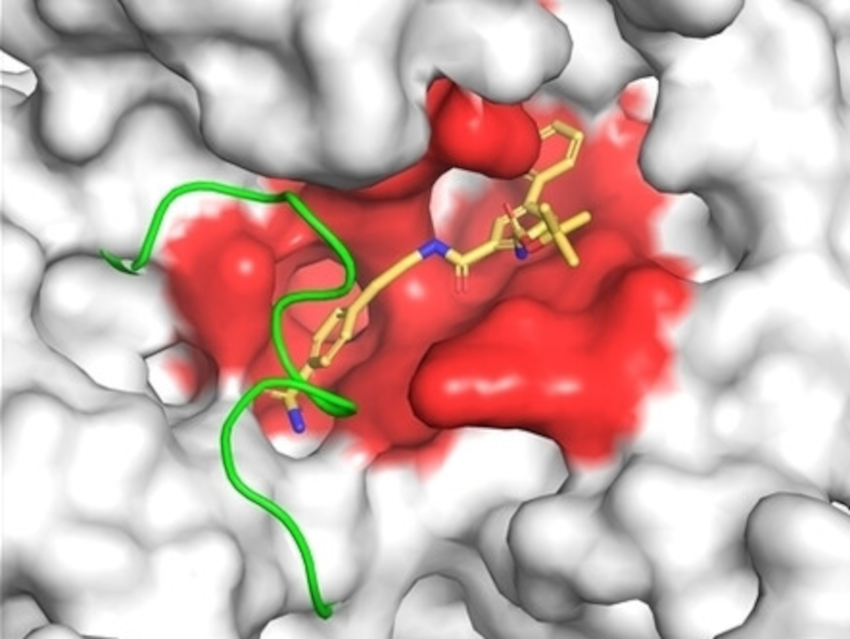The emergence of multidrug-resistant strains of tuberculosis means that new drugs and drug targets are urgently needed. Alexander S. S. Dömling, University of Groningen, The Netherlands, and Palackȳ University, Olomouc, Czech Republic, Norbert Reiling, Leibniz Lung Center, Sülfeld, Germany, and German Center for Infection Research (DZIF), Greifswald, Germany, Matthew R. Groves. University of Groningen, and colleagues have hypothesized that aspartate transcarbamoylase (ATCase) could represent an opportunity for drug discovery. ATCase is a key enzyme in the pyrimidine biosynthesis pathway (an essential pathway for most living organisms—including tuberculosis).
The team suggests that a compound library initially developed to inhibit the ATCase in malaria, and thereby, pyrimidine biosynthesis, may also provide inhibition of the equivalent tubercular pathway. The researchers screened 70 compounds against the ATCase of tuberculosis, identifying potent and selective inhibitors. The ten most promising compounds, which showed single-digit micromolar inhibition in an in-vitro activity assay, were then tested against Mycobacterium tuberculosis in cell culture assays.
Several compounds showed strong inhibitory effects on the proliferation of tuberculosis. The most promising candidate showed a MIC90 (minimum concentration that inhibits the growth of 90% of the targeted bacteria) of 4 μM. Overall, the work demonstrates that the inhibition of enzymes in the pyrimidine biosynthesis pathway could be useful against tuberculosis, malaria, and potentially other infectious diseases.
- Inhibitors of Aspartate Transcarbamoylase inhibit Mycobacterium tuberculosis growth,
Xiaochen Du, Vidhisha Sonawane, Bidong Zhang, Chao Wang, Bram de Ruijter, Alexander S. S. Dömling, Norbert Reiling, Matthew Robert Groves,
ChemMedChem 2023.
https://doi.org/10.1002/cmdc.202300279




